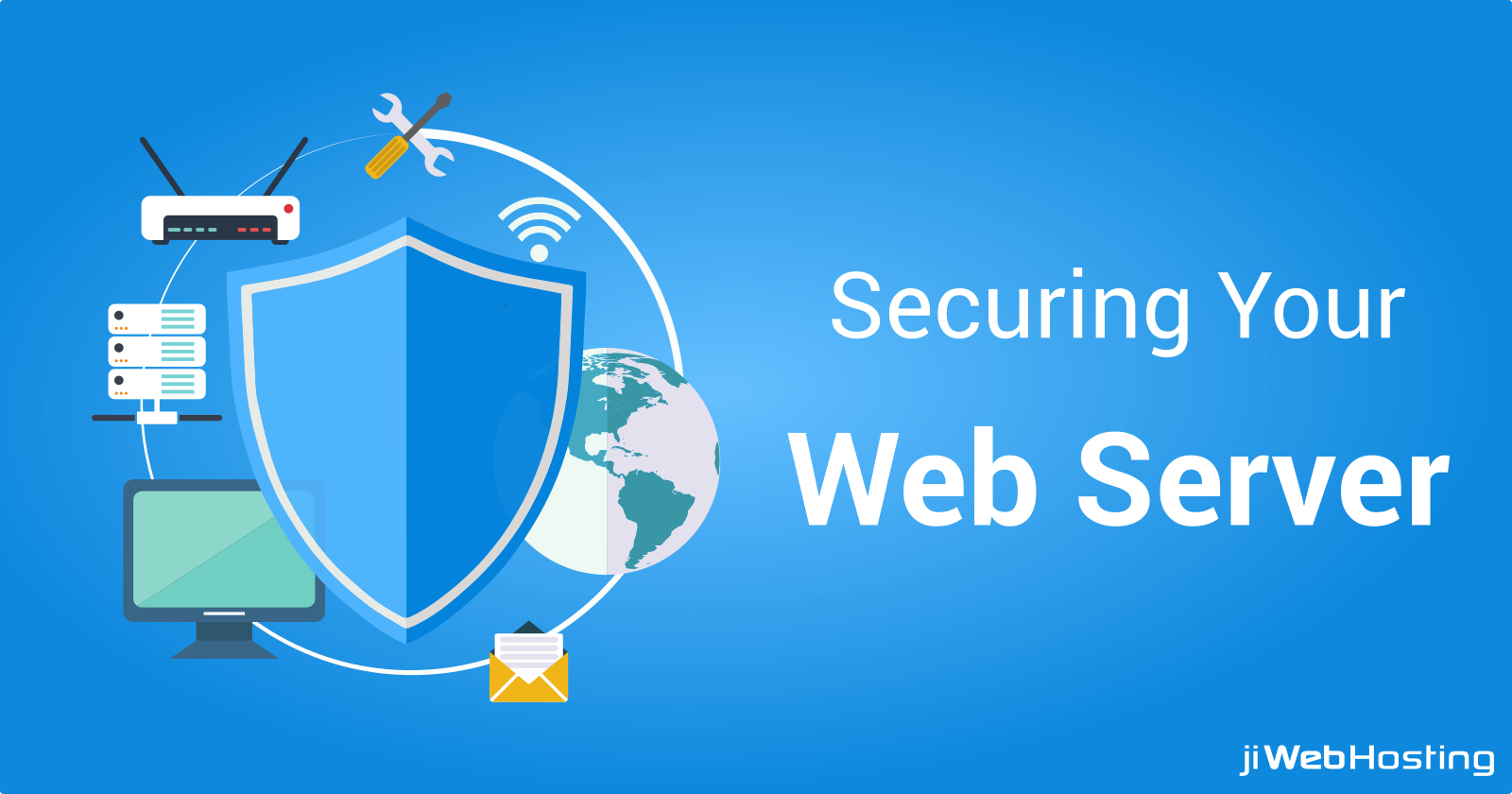Cybersecurity is an important concern for organizations of all types. From the debates and discussions to the front page of the newspaper, you are seeing it all over the place. An information rupture, an email leak, credit card numbers stolen, and so on. With the Internet playing such an enormous role in worldwide commerce, it is no big surprise there is such an extraordinary spotlight on keeping the information that powers eCommerce engine safe from prying eyes and odious characters.
Accessing a server or a website for hackers can give them valuable personal user data and financial information. Thus, organizations of different verticals burn through a large number of dollars securing systems, locking down accounts, fighting off hacker, etc. all for the sake of keeping important information safe. However, there is an agitating truth to these safety efforts that numerous organizations totally disregard securing the physical areas where this information is stored and handled i.e. the server.
Here is a short list of some of the vulnerabilities you will want to protect your servers against:
Cross-Site Scripting (XSS): Any part of the website that enables a client to upload, post, or send content including remarks, pictures, or messages can possibly be vulnerable against this kind of hack. A proficient hacker might infuse malignant code into their picture or post that will execute when you or another user sees it. This could bring about them being sent to a fishing page, running a set of commands from your user, or having the capacity to take your login session cookie, which would enable them to sign in as you.
Blocking clients from submitting malevolent content or denying clients from posting substance can ensure against XSS assaults.
Software Vulnerabilities: When running a website, it is vital that you keep your technologies running up to date. This incorporates your working framework, the programming language your website is running on and the web and database servers. Most languages are open source which implies that anybody, including hackers, could read the code and look it for new and insidious approaches to compromise servers.
While developers are continually programming new security highlights into innovation, on the off chance that one connection in that chain comes up short or is not stayed up with the latest, it could mean your entire framework could be compromised by a hacker.
SQL Injection: Like XSS attacks, SQL Injection also depends on a hacker having the capacity to include noxious code, however, where it contrasts is the target. An SQL Injection attack targets your website's database directly. If a hacker is able to infuse noxious code into your site's URL or send it to your server they might have the capacity to access your site's database and read/write information to it as they like. Accessing sensitive client information could be a great degree impeding, so ensure your website software is up-to-date and blocking malignant HTTP requests.
Brute Force Attacks: The easiest tool of a hacker is the capacity to break into websites and servers by speculating passwords. Hackers can figure out weak and simple passwords in a moment, so securing your admin accounts with strong passwords is an unquestionable requirement. If you see a suspicious IP making numerous login passwords endeavors you should need to research further or ban them.
Protecting your website now days is no small task. There are many vectors of attack and protecting against each can be a tough job, however, you are not alone. jiWebHosting; a leading web hosting service provider protects you, your data, and your users from being hacked. We deliver turnkey web hosting solutions that are custom-made to your particular needs. Our profound experience as a hosting organization has helped us make adaptable hosting solutions that guarantee excellent execution and unmatched esteem.
Our web hosting service is coupled with world-class technical support and powers thousands of websites worldwide. In case you have any question about our Web Hosting Plans, please feel free to get in touch with us at https://jiwebhosting.com/contactus or use the ‘Live Chat’ option at the bottom of the page to speak with one of our Web Hosting product specialists. You can also email us your queries at support@jiwebhosting.com. We are continuing to work on new features that will help keep you and your website safe. Stay tuned for more updates!













































Share this post on: